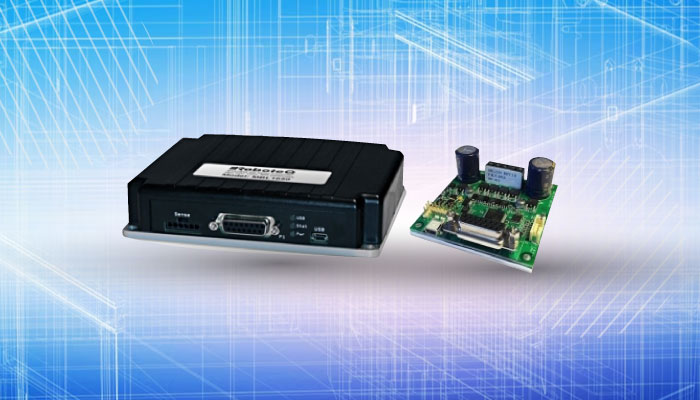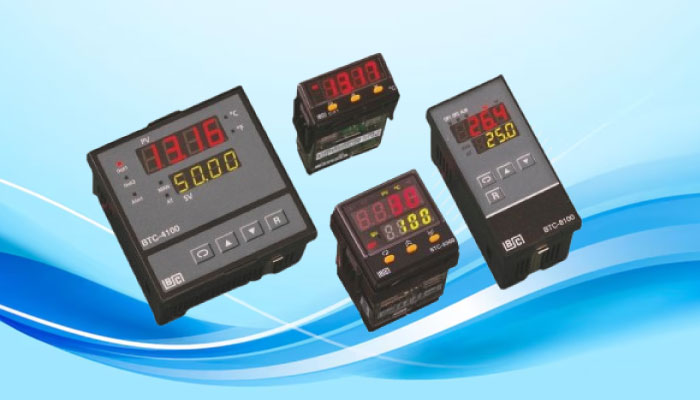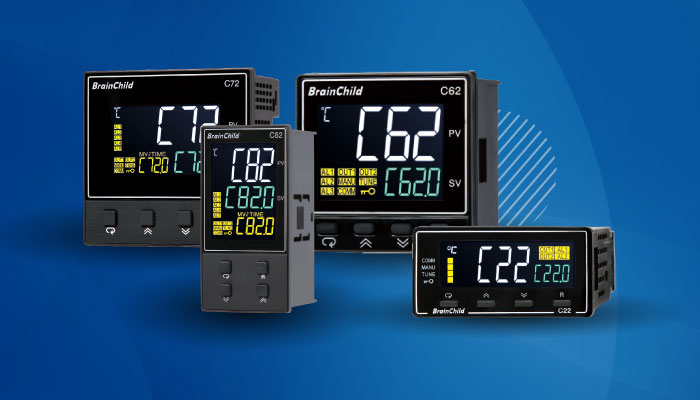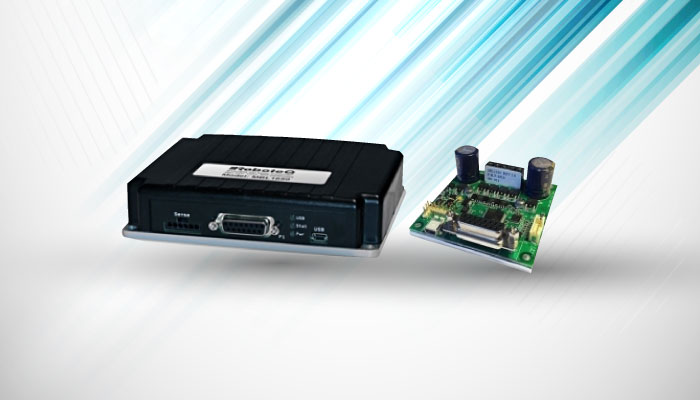Energy Efficiency in Brushless DC Motors: How Controllers Make a Difference

Brushless DC (BLDC) motors have gained significant popularity across various industries due to their superior energy efficiency, reliability, and performance. A crucial component that enhances the energy efficiency of these motors is the motor controller. This blog will explore how brushless DC motor controllers contribute to energy efficiency and why they are essential for maximizing the performance of BLDC motors.
Understanding Brushless DC Motors
Brushless DC motors operate without brushes, which are commonly found in traditional DC motors. This design eliminates friction, reduces wear and tear, and improves efficiency. BLDC motors convert electrical energy into mechanical energy more effectively than their brushed counterparts do. However, its controller significantly influences the efficiency of a BLDC motor.
The Role of Motor Controllers
Motor controllers are electronic devices that regulate the operation of electric motors. In the case of BLDC motors, controllers manage several key functions, including:
- Speed Control: By adjusting the voltage and current supplied to the motor, controllers can precisely control the speed of the motor, allowing for optimal performance and energy use.
- Torque Management: Controllers can adjust the torque output based on the load requirements, ensuring that the motor operates efficiently under varying conditions.
- Directional Control: The ability to control the direction of rotation further enhances the versatility and efficiency of BLDC motors.
How Controllers Enhance Energy Efficiency
- Pulse Width Modulation (PWM)
Most modern BLDC motor controllers utilize Pulse Width Modulation (PWM) to regulate power supply. PWM works by switching the motor's power on and off at high frequencies, effectively controlling the average voltage and current supplied to the motor. This method minimizes energy loss compared to traditional methods and allows for finer control over speed and torque.
- Dynamic Adjustment
Controllers can dynamically adjust the operating parameters of the motor based on real-time feedback. This includes monitoring load conditions, temperature, and other factors to optimize performance. By making real-time adjustments, controllers can prevent energy wastage that occurs when motors run at suboptimal levels.
- Efficiency Mapping
Advanced controllers can incorporate efficiency mapping, where the controller adjusts operating conditions based on the motor's efficiency curve. By ensuring that the motor operates in its most efficient range, these controllers help maximize energy savings while maintaining performance.
- Soft Start and Stop
Motor controllers can implement soft start and stop features, reducing inrush current and mechanical stress. This not only prolongs the motor's lifespan but also decreases energy consumption during startup and shutdown phases, contributing to overall energy efficiency.
- Integration with Renewable Energy Sources
Many BLDC motor controllers can integrate with renewable energy sources, such as solar panels or wind turbines. This synergy allows for more efficient use of energy, further enhancing the sustainability and cost-effectiveness of systems powered by BLDC motors.
- Enhanced Cooling Techniques
Some advanced controllers include features for managing thermal performance. By regulating motor operation and preventing overheating, these controllers help maintain optimal performance and efficiency, ensuring that the motor does not draw excess energy due to thermal stress.
Conclusion
Brushless DC motors are known for their energy efficiency, but the right motor controller can significantly enhance this characteristic. Through techniques such as PWM, dynamic adjustments, and efficiency mapping, controllers ensure that BLDC motors operate at their peak efficiency, reducing energy consumption and operational costs.
For businesses looking to maximize their energy efficiency and harness the full potential of brushless DC motors, investing in a high-quality motor controller is essential. Theta controls offers advanced motor controller solutions that enhance the performance and efficiency of brushless DC motors. Contact us today to learn more about how our products can help you achieve your energy efficiency goals and improve your operational performance.


